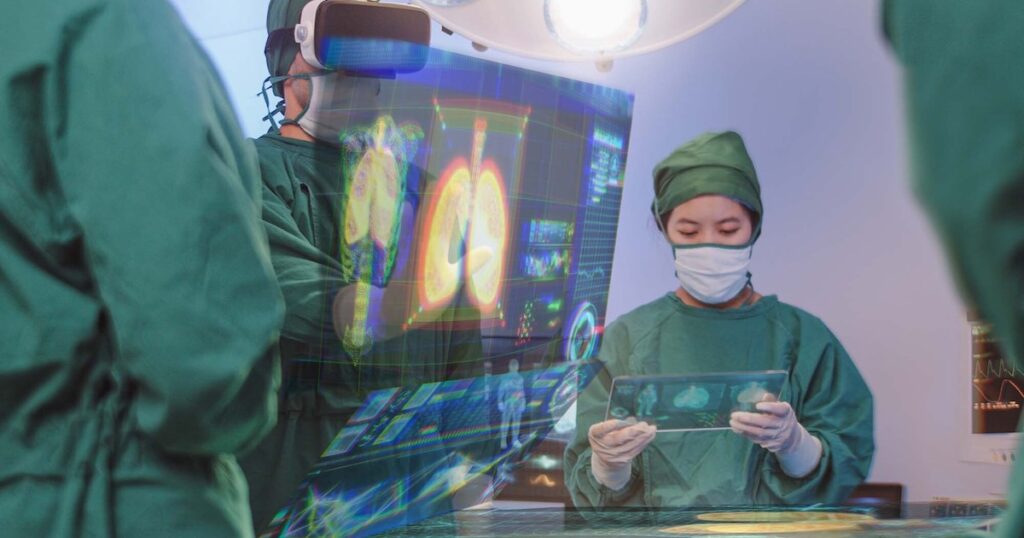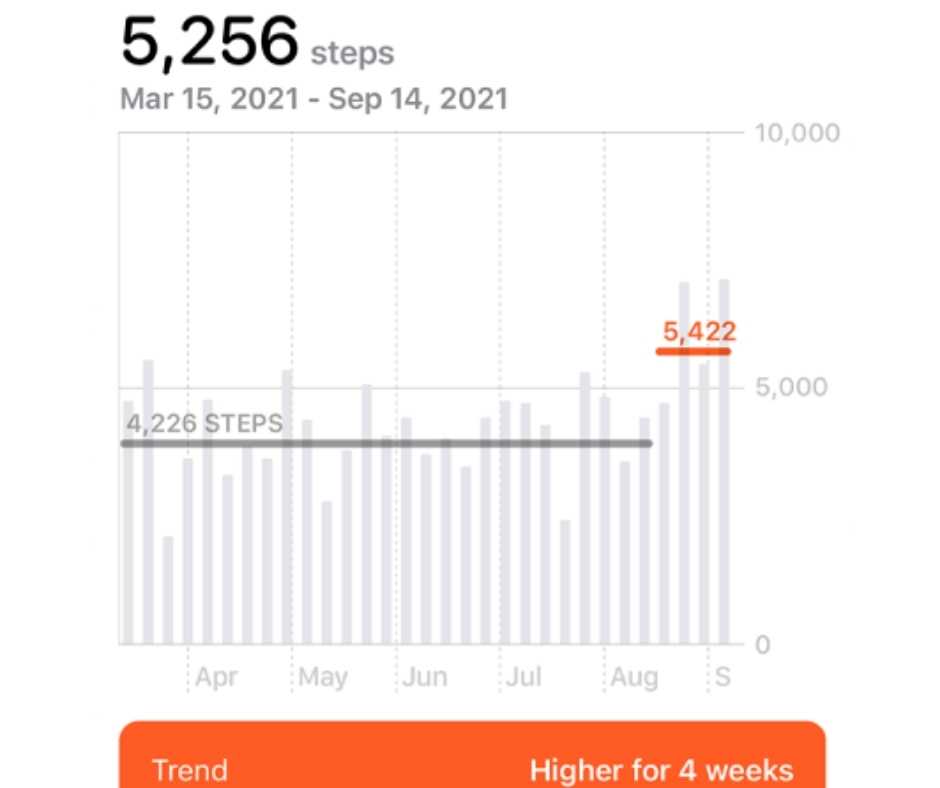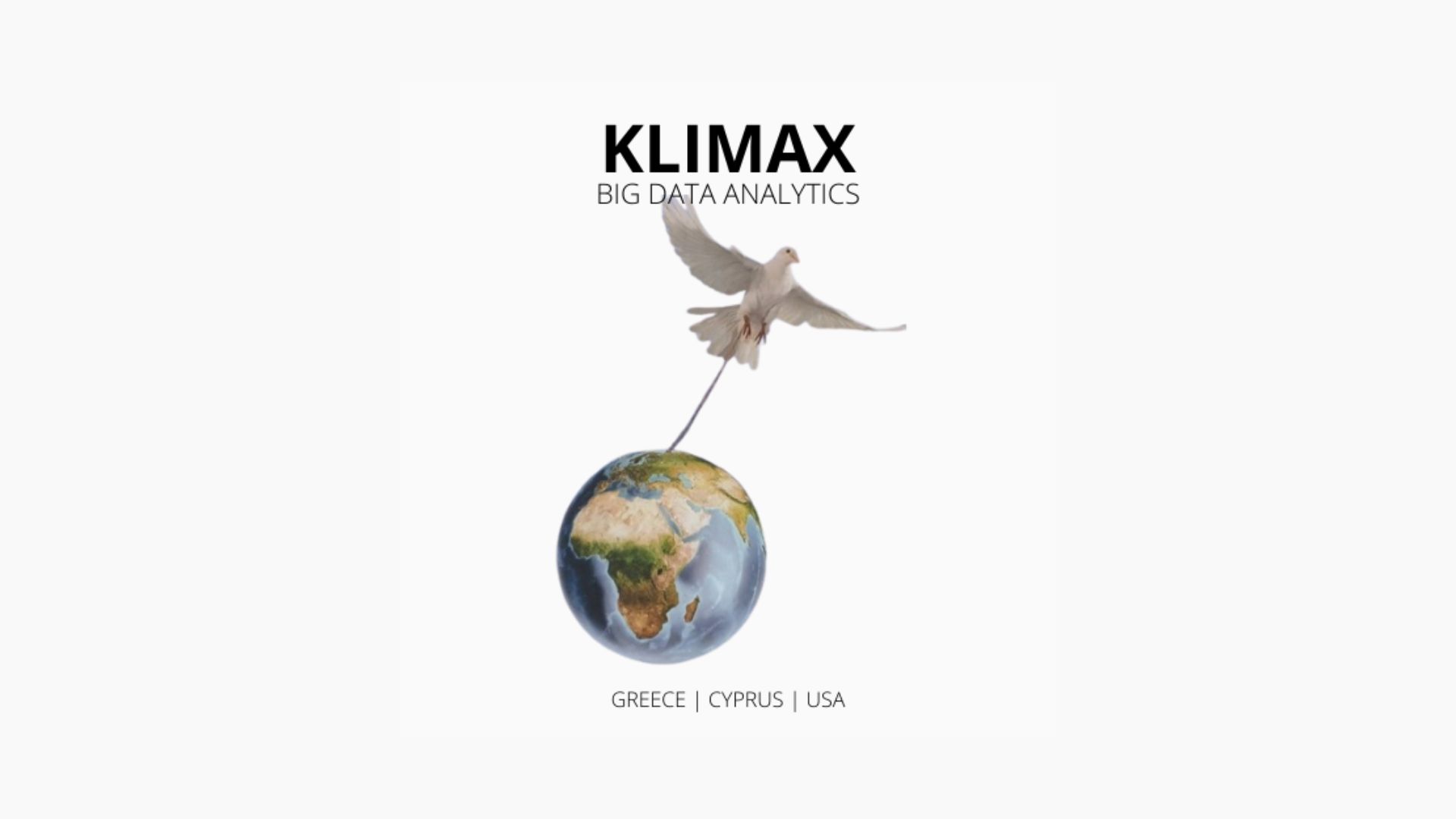Application of Artificial Intelligence (AI) in Surgery.
Researchers review the recent influential applications of AI in surgery as well as note the major challenges in the future development.
Owing to recent advances in medicine, Artificial Intelligence (AI) has played an important role in supporting clinical decision-making and is now increasingly used for risk stratification, genomics, imaging and diagnosis, precision medicine, and drug discovery.
AI was introduced into surgery more recently, with a strong root in imaging and navigation and early techniques focusing on feature detection and computer-assisted intervention for both pre-operative planning and intra-operative guidance.
That is to say, AI is gradually changing the practice of surgery with technological advancements in imaging, navigation, and robotic intervention.
Owing to recent advances in medicine, Artificial Intelligence (AI) has played an important role in supporting clinical decision-making and is now increasingly used for risk stratification, genomics, imaging and diagnosis, precision medicine, and drug discovery.
This review paper not only presents an overview of the requirements, challenges and sub-areas of each surgical application segment that applied AI techniques, but also brings attention to the main challenges and provides the potential solutions for the future development of AI in surgery.
AI for preoperative planning.
Pre-operative planning where surgeons plan the surgical procedure on the basis of existing medical records and imaging is essential for the success of a surgery.
Our researchers highlighted four routine tasks based on medical imaging that involve AI techniques:
(1) anatomical classification,
(2) detection,
(3) segmentation,
(4) registration.
AI for intraoperative guidance.
Surgical trauma is reduced through minimally invasive surgery (MIS), which is now progressively combined with robotic assistance. Computer-aided intra-operative guidance has always been a cornerstone of MIS.
In light of this, learning strategies have been extensively integrated into the development of intra-operative guidance to provide enhanced visualisation and localisation in surgery.
There are four main areas of computer-aided intra-operative guidance in MIS that involve AI techniques:
(1) shape instantiation,
(2) endoscopic navigation,
(3) tissue tracking
(4) Augmented Reality (AR)
#Imperial College London















